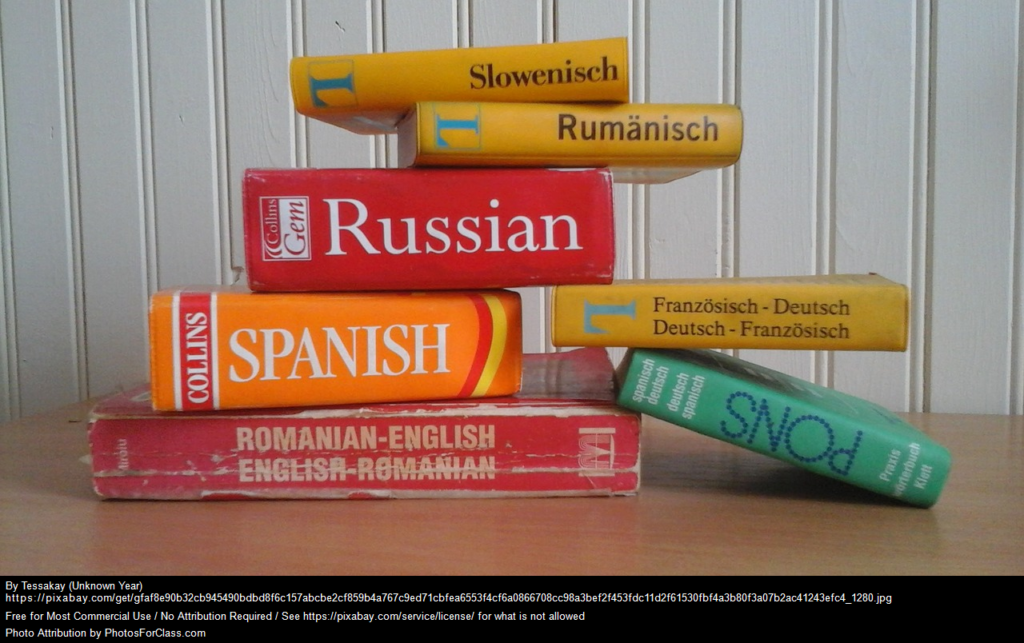Language is complex, and when abstract or nuanced concepts get lost in translation, the consequences may be catastrophic. Given the complexities of language and cultural exchange, how do these epic miscommunications not happen all the time? Ewandro Magalhaes explains how much of the answer lies with the skill and training of interpreters to overcome language barriers.
.
Watch:
Glossary
- to render – to present; to change words into a different language
- to heighten – to become more intense
- in the thick of – in the most intense part of (something)
- in the wake of – as a consequence of
- seamless – smoothly continuous
- incessantly – constantly
- aplomb – confidence and style
- curveball – a particularly difficult issue, obstacle, or problem
- voracious – very eager in some pursuit
- pertinent – relevant and on-point
True or False?
1. In 1956 Nikita Khrushchev’s words were translated as if it had been a menace.
2. For most of history, interpretation was mainly done in a simultaneous mode.
3. A new interpretation system was developed as a result of the Cold War.
4. The job of a translator is extremely difficult as they have to get used to the unnatural task of speaking while they listen.
5. Interpreters make stylistic adjustments at the beginning of their training.
6. A translator needs to learn a broad array of tricks (such as acronyms, generic terms. etc) to keep up with speed.
7. Interpreters need to be trained in how to stay calm in the face of havoc.
8. In this job one must expect the unexpected.
ANSWERS: 1.T; 2F; 3F; 4T; 5F; 6T; 7T; 8.T
Practice Makes Perfect
Make the correct past modal form (use can, could, might, should or must)
1. Nikita Khrushchev’s words …………… (be) rendered as “We will live to see you buried.”
2. Though the intended meaning was eventually clarified, the initial impact of Khrushchev’s apparent words put the world on a path that ……………….. (lead) to nuclear Armageddon.
3. Krzysztof ……….. (live) in an English speaking country as a child. He sounds so natural.
4. She ……….. (say) that! I’m sure you misunderstood something!
5. I …………. (translate) the phrase erroneously. He acted weirdly.
6. I …………. (succeed) if she hadn’t offered any help.
ANSWERS: 1.sould have been; 2. could have led; 3. must have lived; 4. can’t have said; 5. might have translated; 6. can’t have seen; 7. couldn’t have succeeded
Discuss:
- Would you like to work as an interpreter?
- Do you think there are words in your language that are almost impossible to translate?
- Have you made any hilarious mistakes because of translation?
- What translation tools do you use to learn English?
- Umberto Eco said: “Translation is the art of failure.” Do you agree?
- Margaret Atwood said: “War is what happens when language fails.”, do you agree?
Explore it more to create your own teaching-learning experience!
7 of the Biggest Business Translation Fails in History (and What You Can Learn From Them)
Expanding internationally is a goal for a number of companies, especially as countries like China and India continue to grow in size and influence on the world stage.
But even multinational companies get it wrong when moving to other markets. Read about a few major mistranslations:
https://www.inc.com/7-of-biggest-business-translation-fails-and-what-you-can-learn-from-them
(1543)





